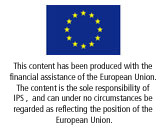By Federico Mayor Zaragoza and Mario Soares*
BARCELONA, Jun 1, 2012 (IPS) – We are all going through a period of great confusion and uncertainty.
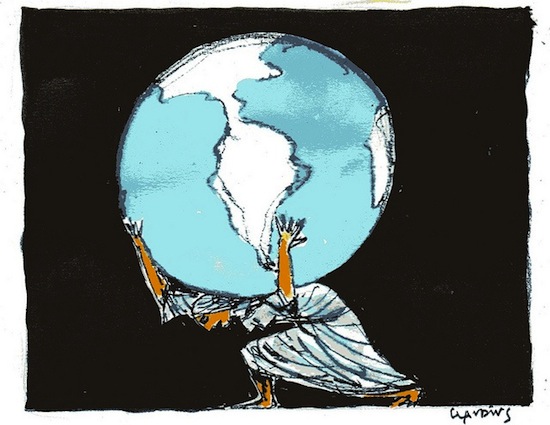
"Carrying development". Credit: Claudius/IPS
On the one hand, part of the world is dramatically affected by the consequences of governments’ total submission to the financial markets. These markets, supposedly anonymous, are not subject to any kind of control, due to the deregulating policies of the last decades. They have even overthrown democratically elected governments and substituted them with “technocratic” ones.
On the other hand, the speculative nature of a great part of these markets is harshly affecting the price of commodities, including food, thus pushing millions more people to hunger and malnutrition. This fact, in addition to chronic failure in the fulfillment of international agreements related to development cooperation, is aggravated even more by the current financial and economic crisis.
Parallel to this, the world is immersed in yet another crisis that is threatening its own survival. The challenges of climate change and environmental degradation, together with unsustainable production and consumption models, are growing alarmingly, something that the present structures of global governance are not able to face, as shown by the repeated failures of the last COP meetings.
In this framework, the United Nations Conference on Sustainable Development, also known as Rio+20, will take place in Rio de Janeiro from Jun. 20-22, twenty years after the celebration of the first “Earth Summit” in the very same city. This will be a key moment in the international agenda to which everybody – including citizens, of course – must pay special attention.
There are several topics on the agenda resulting from intense negotiations that are still underway. In this context, the World Forum of Civil Society Networks – UBUNTU wishes to underline the following regarding the two main themes: a green economy and an institutional framework.
The green economy concept must refer to a model of sustainable development that includes a holistic approach, with deep social roots and a strong commitment to the environment. We shall reject the promotion of any other model that conceals an option for an increased commodification of nature.
Secondly, the need for reforming the institutional framework is obvious and more urgent than ever. We shall move beyond the organisational details of the new framework, though they too are important; now, the priority is to ensure that the resulting structure has the resources, independence and powers necessary to guarantee the implementation and fulfillment of environmental agreements, including the capacity to impose sanctions.
This must go hand in hand with a process of promoting a system of democratic multilateralism. This is the only possible option for those who truly believe in the transition towards a model of real, global democratic governance that is both participatory and fair.
Another key issue to be raised at the Summit is the idea of basing progress in all aspects related to the concept of climate justice on the principle of “common but differentiated responsibility”.
In this sense, the issue of financing is essential, highlighting once more the need to move forward with respect to innovative mechanisms of financing for development, particularly the proposal of a Financial Transaction Tax.
In the framework of a comprehensive proposal regarding the concept of sustainable human development, it is imperative to establish a legal framework that prevents speculation affecting food prices.
Moreover, the debate regarding new ways of measuring development and sustainability must help us, in line with the Human Development Index, to overcome the current model based on gross domestic product (GDP). This model shuns basic criteria such as equity, sustainability or respect for human rights. In this sense, the proposal of the Sustainable Development Goals (SDGs) may be a positive one, but only if the Goals go in the abovementioned direction, and if they complement the Millennium Development Goals (MDGs), with which in any case they must never compete.
It is also extremely important that the Summit renews and re-launches agreements as essential as the Agenda 21, which includes topics of utmost significance, such as commitments regarding greenhouse gases; or the conventions on climate change, biological diversity or desertification.
Therefore, we call for the mobilisation of all involved actors, and especially citizens and civil society – at all levels: local, regional and global – in order to ensure that this new “Earth Summit” measures up to the severity of the crisis we are going through.
The world cannot afford another fiasco in Rio. It is time for responsibility. And, above all, it is time for action.
* Federico Mayor Zaragoza is ex director-general of UNESCO, president of the Culture of Peace Foundation and former president of IPS. Mario Soares is ex-president and ex-prime minister of Portugal. Read full text and list of adhesions to the appeal at UBUNTU – World Forum of Civil Society Networks.
(END)



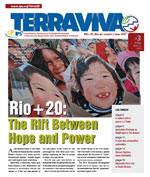
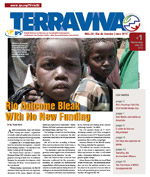
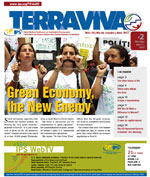

 Add to Google
Add to Google




